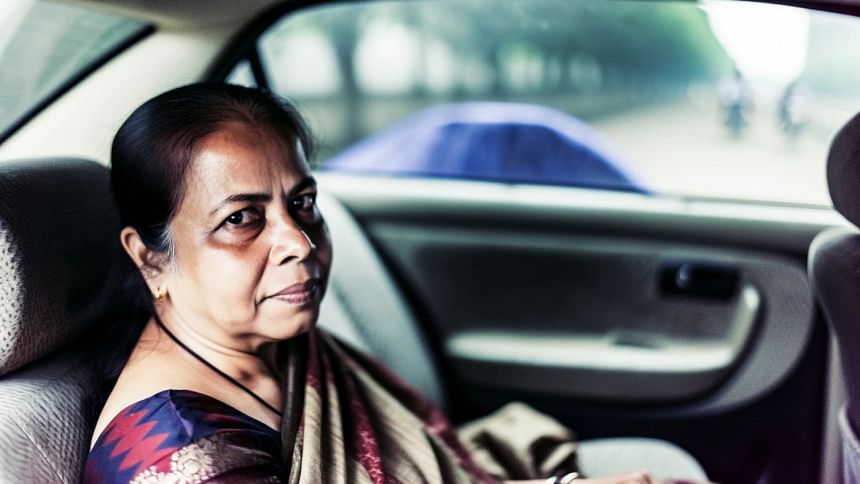Ride-hailing to boost women's workforce by 13% in Dhaka by 2028, study finds

A recent industry report, commissioned by Uber and authored by Oxford Economics, has highlighted the potential impact of ride-hailing platforms on increasing women's participation in the workforce in Bangladesh. According to the study titled "Ride-Hailing: A Platform for Women's Economic Opportunity in Bangladesh," the availability of ride-hailing services could lead to a 13% increase in the female workforce in Dhaka by 2028. This would translate to approximately 300,000 women joining the Dhaka workforce, potentially boosting the city's economy by more than 1.5% over the same period.
The report is based on a survey conducted in Dhaka, which gathered data on the ride-hailing behaviours of women and men. Findings from the survey indicate that more than one-third of working women riders credit ride-hailing services as a key factor in their ability to join the workforce. Nearly half of these women also reported that ride-hailing services have helped them manage work and family responsibilities more effectively, offering flexibility in their work arrangements.
Safety emerged as a significant concern addressed by ride-hailing services, with nearly 90% of women users identifying it as a reason for their preference for these services over alternative modes of transport. Additionally, around 30% of working women riders stated that ride-hailing platforms have provided them with access to a broader range of suitable employment opportunities.
The report also touches on the broader context of women's labor force participation in Bangladesh, which stood at 43% in 2022, slightly below the global average of 47%. It identifies a lack of access to safe transport and challenges in balancing work and family life as major barriers to women's mobility and workforce participation in the country.

 For all latest news, follow The Daily Star's Google News channel.
For all latest news, follow The Daily Star's Google News channel. 



Comments